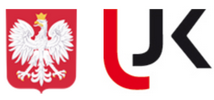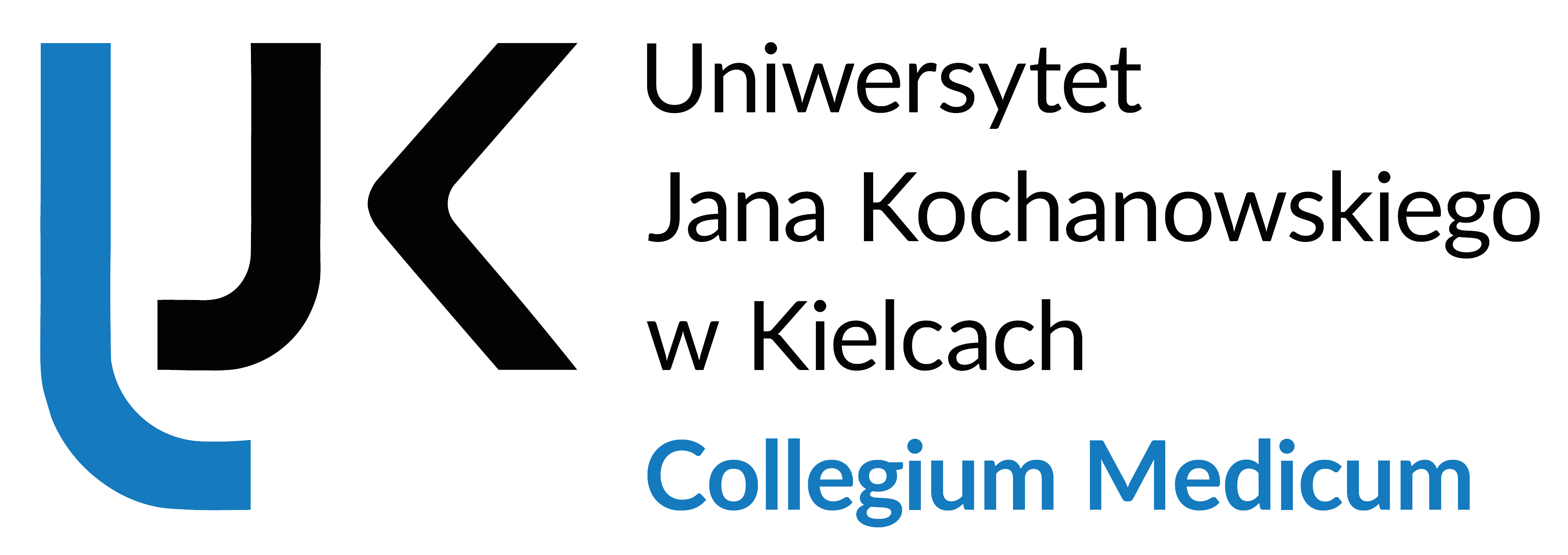Leader: Prof. Wioletta Adamus-Białek, PhD, DSc
Affiliation: Collegium Medicum, Jan Kochanowski University in Kielce
Research Area
The growing problem of antimicrobial resistance and the increasing significance of the microbiome in the pathogenesis of chronic and oncological diseases have elevated the study of bacterial interactions with the human host to a strategic level in precision medicine, oncology, urology, and gastroenterology. Particular attention at Collegium Medicum is given to analyzing the connections between the microbiota of the urinary and gastrointestinal systems and the development of pancreatic diseases and chronic inflammatory conditions.
Current research focuses on the molecular mechanisms of bacterial pathogenicity, biofilm formation, resistance gene expression, and genotypic characterization of uropathogenic strains. At the same time, models of host–microbiome genomic interactions are being developed to understand susceptibility to specific diseases and to create new diagnostic tools.
Leader Profile and Achievements
Prof. Wioletta Adamus-Białek is a recognized expert in molecular microbiology, cell biology, and bacterial genetics. Her research centers on analyzing uropathogenic Escherichia coli (UPEC) strains and bacteria associated with chronic pancreatitis and pancreatic cancer. Through her projects, she has assembled one of the largest collections in Poland—over 1,000 E. coli isolates—and a comprehensive DNA/RNA biobank from patients with chronic pancreatic and urinary tract diseases.
One of her most important achievements is the development of an innovative predictive algorithm for urinary tract infection risk using bacterial genetic markers and the structure and expression of resistance genes. Prof. Adamus-Białek has led numerous research projects, including those funded by national agencies, and has collaborated with clinical and IT teams on building pathogen sequence databases and tools to support therapeutic decision-making.
A key element of her work is advancing translational research that combines molecular analyses of bacteria and hosts in the context of metabolic and oncological disorders. Her scientific output includes numerous publications in the fields of bacterial genetics, molecular diagnostics, and clinical bioinformatics. She also has significant experience in building interdisciplinary teams that integrate microbiology, human genetics, and data analysis.
Preferred Forms of Collaboration
Prof. Wioletta Adamus-Białek’s team is actively seeking partners for collaborative research, translational, and implementation projects, especially in the following areas:
- studies on bacterial antibiotic resistance and adaptation mechanisms,
- development of predictive bioinformatics models based on genotypic data,
- creation of molecular tests for rapid diagnostics of infections and inflammatory conditions,
- analysis of interactions between the microbiome, host genotype, and the risk of chronic and oncological diseases.
Collegium Medicum UJK offers extensive resources in this field: access to clinical material, laboratories equipped for molecular biology and microbiology, experience in genetic data analysis, and development of diagnostic-supporting applications. This area offers significant potential for scientific and implementation-oriented consortia focused on developing modern solutions that support a precision approach to patient care.


